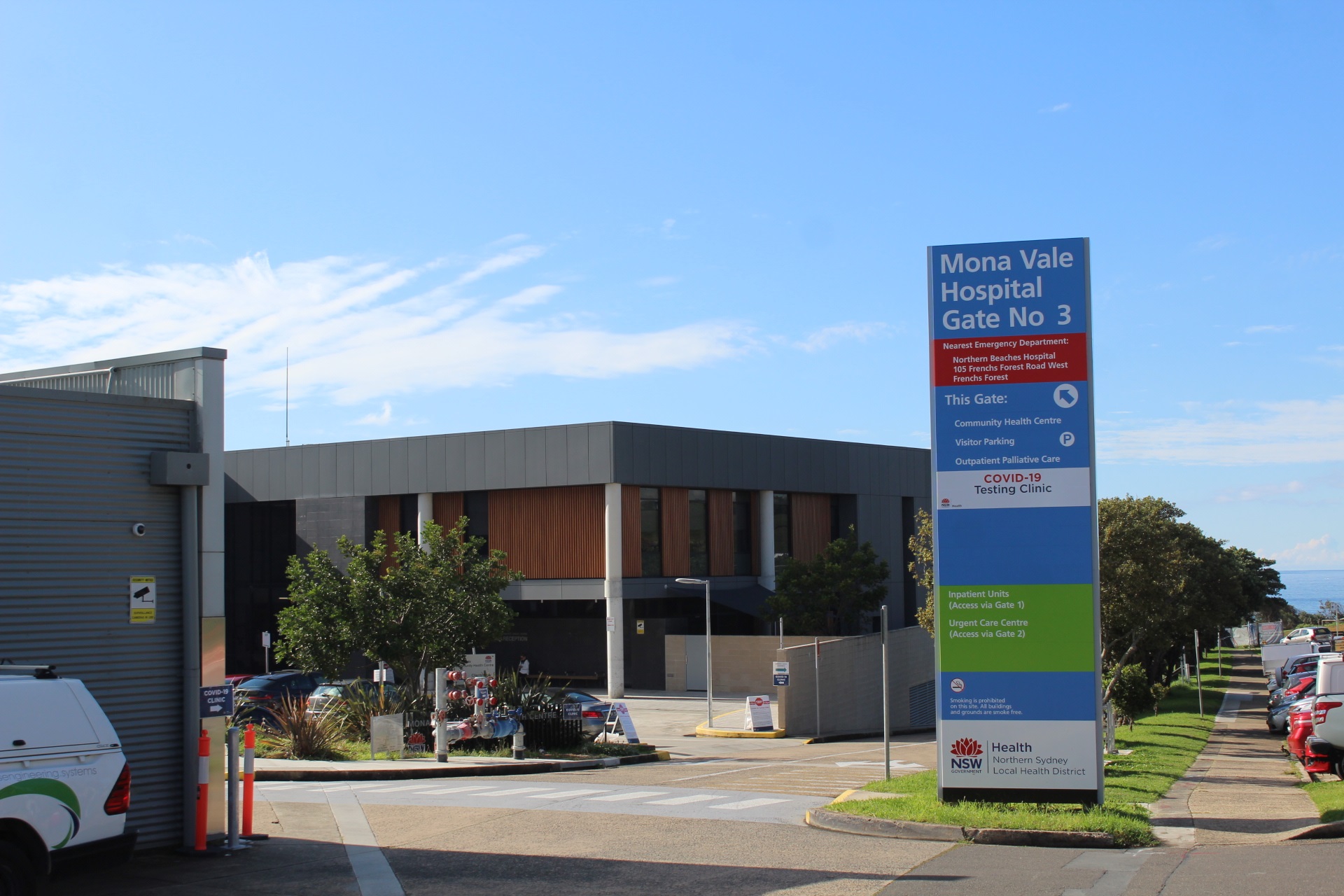Covid update: Cessation of Daily Covid update announced same day three seniors from our area die of coronavirus + Updated settings + Millions of free RATs for vulnerable groups

The announcement on April 22 came the same day the deaths of three seniors in our area were reported among the deaths of 13 people, all over 70 years of age. There were an additional 15,283 positive test results notified in the 24 hours to 4pm on April 21st.
This was followed on Saturday April 23rd with the announcement of 16 deaths, including another from the northern beaches. One person was aged in their 20s, one person was aged in their 60s, two people were aged in their 70s, eight people were aged in their 80s and four people were aged in their 90s.
Of the 15 people who died over the age of 65, six people had received three doses of a COVID-19 vaccine, two people had received two doses, three people had received one dose and four people were unvaccinated. The person in their 20's who died had received four doses of a COVID-19 vaccine and had significant underlying health conditions. Five people were from northern Sydney, three people were from the state's Mid Coast, two people were from the Lake Macquarie area, two people were from south-western Sydney, one person was from Sydney's Northern Beaches, one person was from Sydney's Eastern Suburbs, one person was from the Blue Mountains, and one person was from the South Coast.
A further 15 deaths were reported in the April 20 media release, and 16 deaths on April 21
This brings the total number of COVID-19 related deaths in NSW since the beginning of the pandemic to 2,686.
There were another 12,633 positive test results notified in the 24 hours to 4pm April 22nd.
NSW Health reported on April 23 there are currently 1,617 COVID-19 cases admitted to hospital, including 60 people in intensive care, 20 of whom require ventilation.
The scaling back of reporting daily the number of cases occurred two days after the NSW Government announced the scaling back of Covid safety measures whereby close contacts of a confirmed COVID-19 case will not be required to isolate.
Public health orders requiring key workforces to be vaccinated have also been lifted, with vaccine requirements to be based on risk assessments under occupational work health and safety, in line with other jurisdictions. Orders requiring aged care and disability workers to be vaccinated will remain in force.
There are no changes for positive cases: the seven-day isolation requirement remains in place for anyone who has recorded a positive RAT or PCR result.
There were 1,763 new cases reported in the Northern Sydney Local Health District on April 21, and a further 1,477 on April 22. The positive case numbers for the days prior to that are:
April 17: 1,255
April 18: 1,374
April 19: 1,387
April 20: 1,824
There are currently 180,216 Active cases in NSW. Active COVID-19 cases are defined as people who have tested positive for COVID-19 in the previous 14 days.
There have now been a total of 898,604 positive RATs recorded since reporting began on 13 January 2022 while the total number of cases detected by PCR tests in NSW since the beginning of the pandemic is 1,301,270 as of April 23.
NSW Health continues to urge everyone to take four simple precautions to protect each other:
- use a mask in indoor settings where you cannot maintain a safe physical distance from others
- get your booster vaccine,
- get a test and isolate immediately if you have any COVID-19 symptoms, and
- clean your hands regularly.
Any contact who has or develops symptoms must self-isolate and get tested for COVID-19. If they return a positive test result, they must follow the requirements for people who test positive to COVID-19. If they return a negative result, they should stay home until they do not have any symptoms.
Even though people without symptoms will no longer be required to isolate, household and close contacts should still be aware that they are at increased risk of acquiring COVID-19 and should take steps to protect the people around them.
These steps and further information are set out in the updated NSW Health household and close contact guidelines
Update On COVID Settings
- Do not visit aged care, hospitals, disability, and correctional facilities unless a special exemption applies;
- Wear a face mask in indoor settings outside the home;
- Undertake daily RAT tests before coming into close contact with people outside their household, where practicable;
- Avoid contact with elderly and immunocompromised persons where possible;
- Work from home where practical;
- Notify their employer/educational facility that they are a close contact, and that they are not required to isolate as long as they comply with the above.